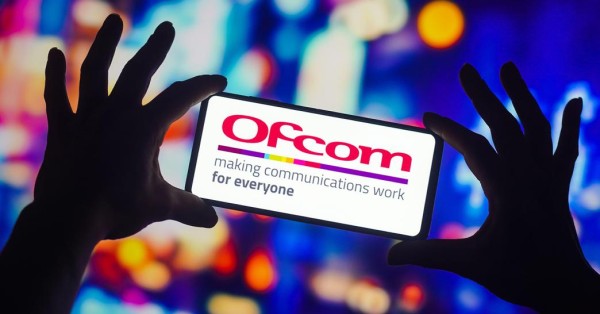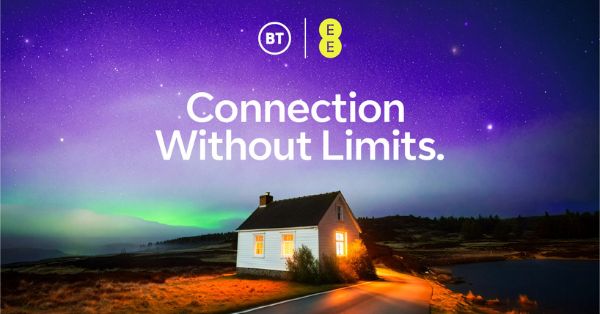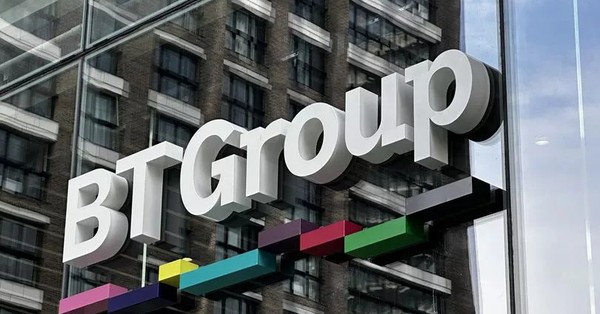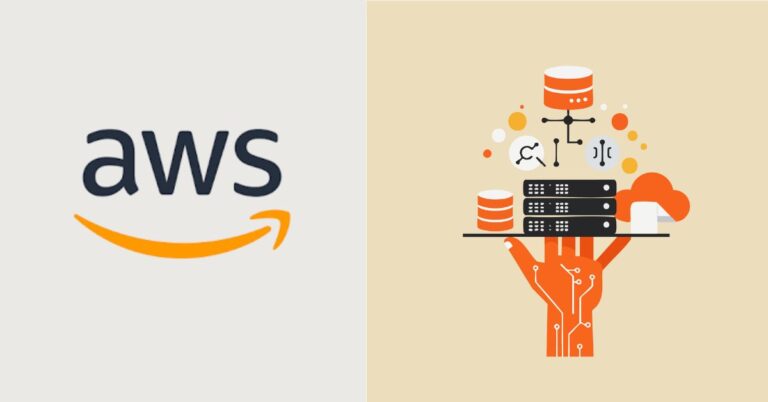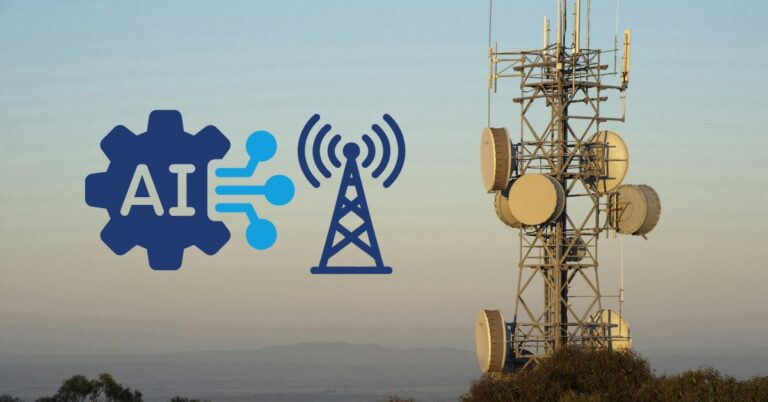- Usecase
- December 16, 2025
- Hema Kadia
The Port of Tyne has deployed a private 5G network across its 620-acre site with support from BT and Ericsson. Leveraging edge computing, AI, and drones, the port has improved safety, operational agility, and data-driven decision-making, positioning itself as one of the UK’s most advanced smart ports.




